Origin: a Latin derivative
meaning "Gift of the Earth."
- Shop
-
Our Story
- View Our Story Home
- Who We Are. . . .
- What We Do. . . .
- Why We Do It. . . .
-
dōTERRA[doh-teh-ruh]
Sharing
Product Sharing Guidelines

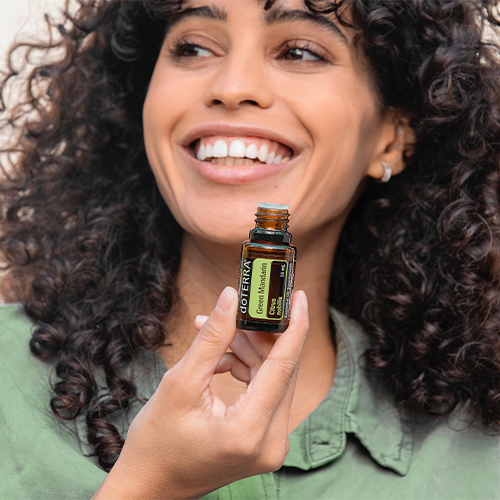
When sharing essential oils with others, there are policies and government regulations we need to follow to avoid misleading others and jeopardizing doTERRA and your own doTERRA business. There are many benefits to sharing compliant information about products. Compliant information can help manage the expectations of those you teach. For example:
Non-Compliant
"This essential oil cures insomnia"
Compliant:
"This essential oil can help cultivate a relaxing, calming atmosphere before bed and help prepare for a restful night of sleep."
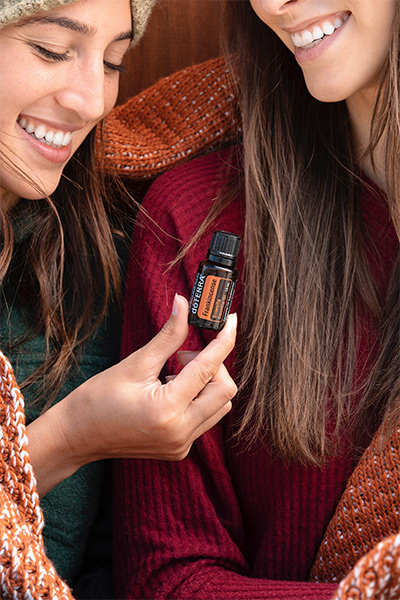
Every essential oil is different, as is each individual. Everyone has a unique body chemistry, and an essential oil that works a certain way for one person may not have the same effect on someone else. This divergence of effect is a fascinating and beautiful essential oil phenomenon. Over time, you’ve likely become in tune with how your body responds to essential oils and which ones produce the best results for you. Imagine how liberating, helpful, and honest it would be to share compliant information with others that allows them to experience this same nuanced process of exploration— as opposed to promising specific cures and one-size-fits-all fixes.
Sharing doTERRA compliantly may not feel like second nature to you—yet! But with some practice and understanding a few basic principles, it will get easier. The following specific guidelines will help you navigate the rules of product sharing and provide you with the tools and education needed to help your doTERRA business thrive online and in person.
Product Claims
The trickiest part of compliance is learning what product claims you can make. A product claim is what you say a product can do. There’s more than one type of product claim:
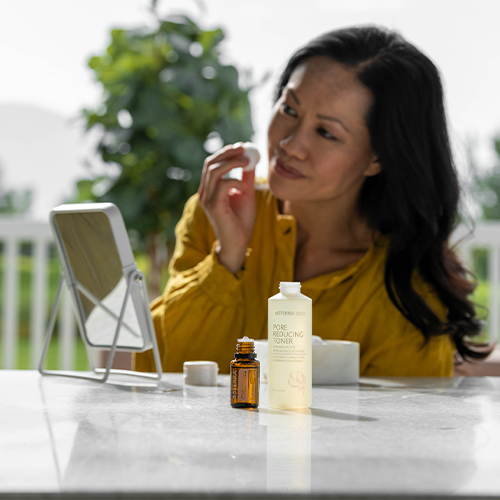
Cosmetic Claim

Disease/Drug/Medical Claim

Structure Function Claim
Cosmetic Claims
Cosmetic claims are almost always compliant. Here are some examples of cosmetic claims:
- Frankincense essential oil can help reduce the appearance of fine lines and wrinkles when applied topically.
- Use Tea Tree essential oil to support a healthy-looking complexion and reduce the appearance of skin blemishes and imperfections.
- As part of your skincare routine, apply Yarrow|Pom to help promote the look of young and healthy skin.
We encourage you to use cosmetic claims wherever they’re appropriate!
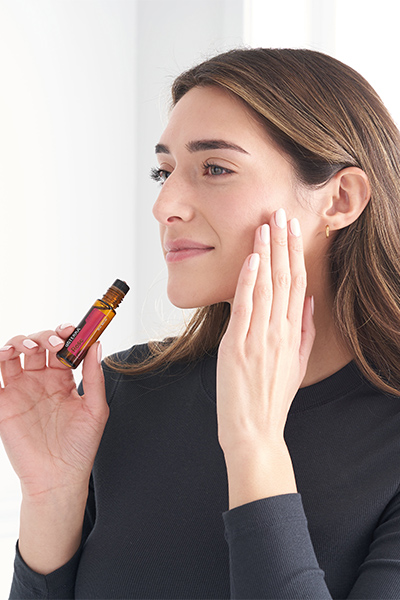

Disease Claims
Disease claims are never compliant. Some disease claims are obvious: cancer, heart disease, diabetes, high blood pressure, Alzheimer’s, pneumonia, and so on. It’s easy to see these are diseases, so they should be relatively simple to avoid making claims about.
Some diseases, however, may not seem so obvious. If you aren’t sure whether something is a disease claim, ask yourself, “Is this a diagnosable health issue?” If it’s something that can be diagnosed, it’s most likely a disease claim. Anxiety, depression, ADHD, insomnia, eczema, acne, cold, flu are a few examples.
You can’t claim essential oils—or any doTERRA product—can be used to prevent, treat, or cure any disease, including the examples we’ve addressed in this section.
Structure Function Claims
A structure function claim has to do with the healthy function or structure of internal body systems. Here are some examples:
- When ingested, Peppermint essential oil promotes healthy respiratory function and digestive health.
- Internal use of Oregano essential oil supports the digestive system.
- doTERRA On Guard® Protective Blend supports healthy immune function when used internally.
- Taken internally, Lavender reduces anxious feelings and promotes peaceful sleep.
- xEO Mega® supports a healthy cardiovascular system.
Structure function claims only apply to the internal use of an essential oil. You can’t make a structure function claim about using an essential oil topically or aromatically. What does this look like in practice? It means while you can say Peppermint “is soothing to digestive system,” you can’t say the same thing about Peppermint Touch. You can say taking Black Pepper internally will support a healthy nervous system, but you can’t claim that diffusing Black Pepper or applying it topically will do the same.
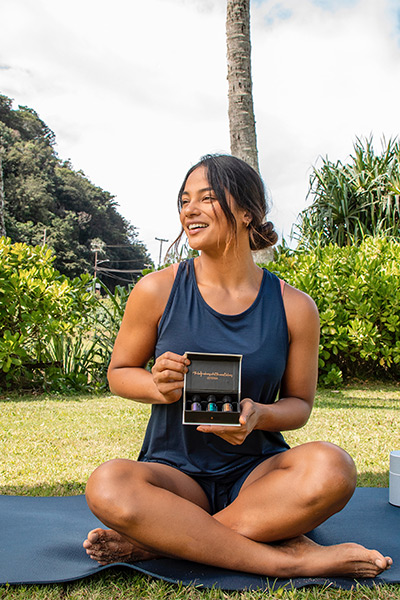
The best way to know what you can claim about a given essential oil is to look at the product information page (PIP). You can find the PIP on product pages on doterra.com. Remember, not all essential oils can be taken internally, so not all essential oils can have structure function claims. Also remember, structure function claims must be accompanied by the following FDA disclaimer: “These statements have not been evaluated by the Food and Drug Administration. This product is not intended to diagnose, treat, cure, or prevent any disease.”
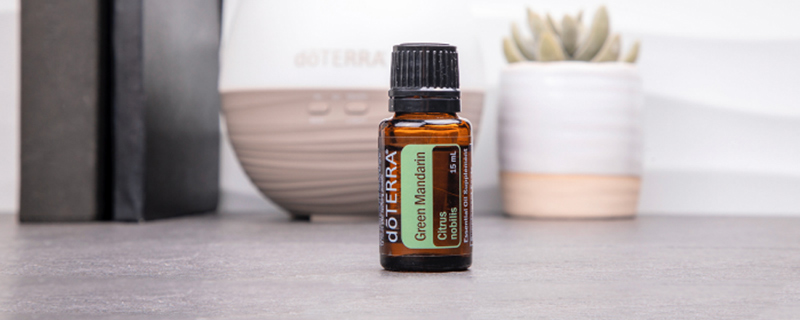
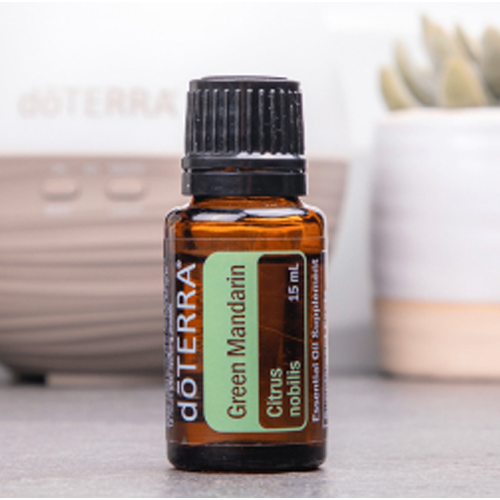
Other tips for talking about product functions:
- Remember, all claims should be substantiated by sufficient scientific evidence. Personal experience isn’t enough to back product claims.
- Refer to normal conditions associated with a natural state or process, such as, “If you’re experiencing morning sickness during pregnancy.” Or, “To help with hot flashes experienced during menopause.”
- Use qualifiers, such as mild, typical, normal, occasional, or other words to distinguish a temporary or minor condition from a symptom of disease. Examples include saying, “For the occasional stomach upset.” Or, “If you experience muscle soreness following exercise.”
- Avoid words like disease, illness, cure, treat, repair, chronic, and so on.
- Avoid referring to symptoms of disease, such as coughing, sneezing, fever, and so on.
- Don’t compare or recommend a doTERRA product as a substitute for a drug. Also, avoid recommending a product to augment a therapy or drug.
- Don’t imply a disease claim through pictures or symbols.
If you’re feeling a little overwhelmed right now, that’s okay. It’s normal to experience a learning curve with compliance. Fortunately, multiple resources are available to help you! With time and practice, you’ll find staying compliant will become natural to you.
Additional Resources
Claims Chart (Product Sharing Guidelines)
Refer to the claims chart for help determining what types of things you can and can’t say when making product claims. These are based on examples from the FDA and are not intended to simply be substitutes for disease claims. Structure function claims should only be used when substantiated for the product being discussed.
Product Sharing Guidelines PDF
Product Information Pages
A great way to learn what claims you can make about specific products is through the Product Information Page (PIP). There’s a PIP for every doTERRA product, and they’re easy to find at the bottom left of the corresponding product page on doterra.com (via link). Every PIP has a bullet list of primary benefits uses. If you want to know what you can discuss about a particular product, check out its PIP.
Discover Solutions
Discover Solutions is another fabulous resource. It’s a portion of the doTERRA website entirely dedicated to product education. On Discover Solutions, you can find education pages for specific essential oils, as well as general wellness topics like sleep, kids, exercise, toxic load, and personal care. Discover Solutions is located on doterra.com: “Discover” > “Product Education” > “Discover Solutions” or click here. You can also find helpful articles on the doTERRA blog.
doTERRA Business Social Media Pages
Compliance tips and examples are regularly posted through Facebook and Instagram on our doTERRA Business social media pages. You can find the Compliance posts on Facebook by searching #doterracompliance on the page (or by clicking here) and on Instagram by clicking the "Compliance"story highlights (or clicking here).
Healthcare Professional Compliance Training
Build Confidently With doTERRA MetaPWR™ System
Share Confidently with doTERRA | Convention 2023
Useful Links:


